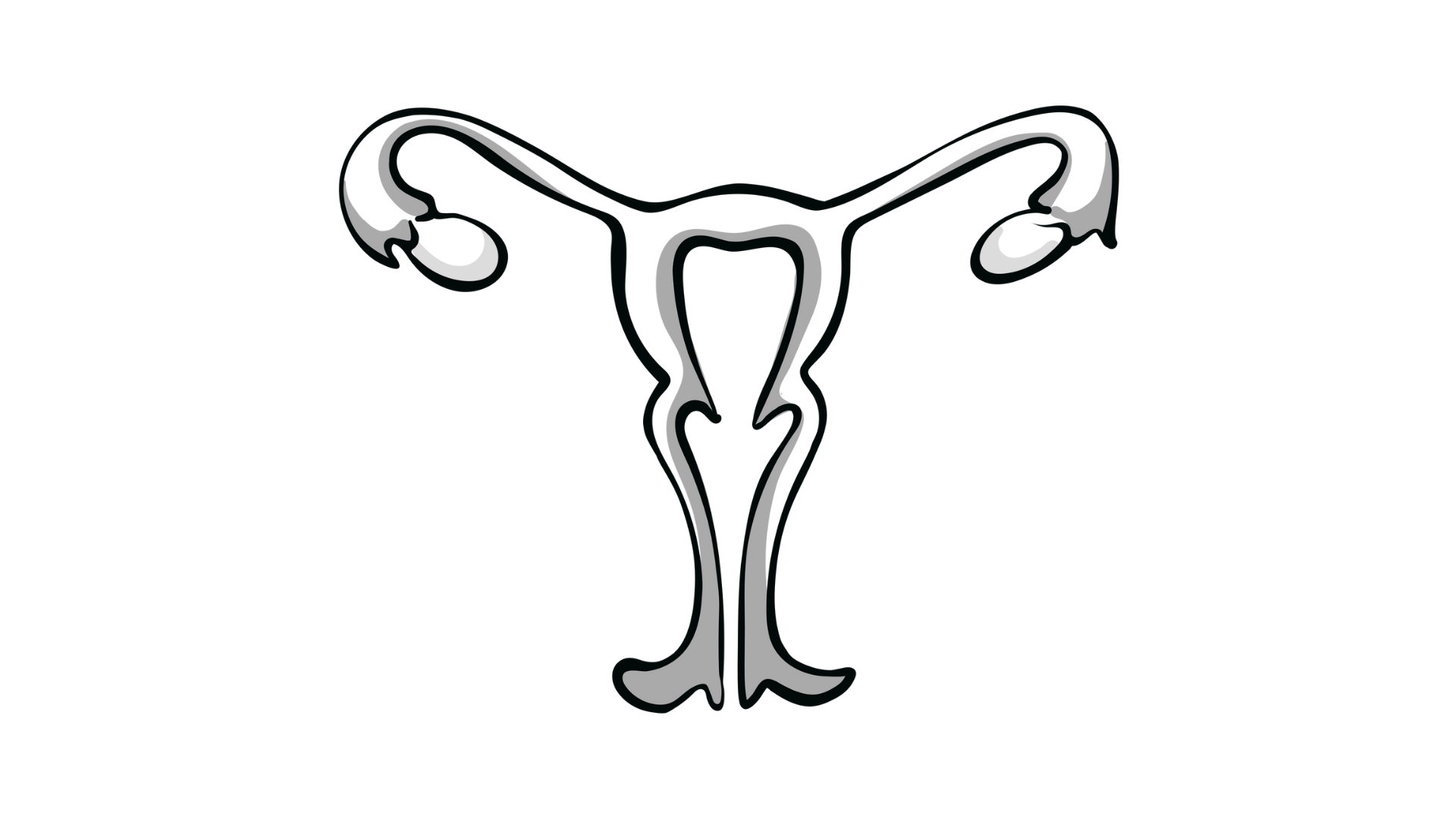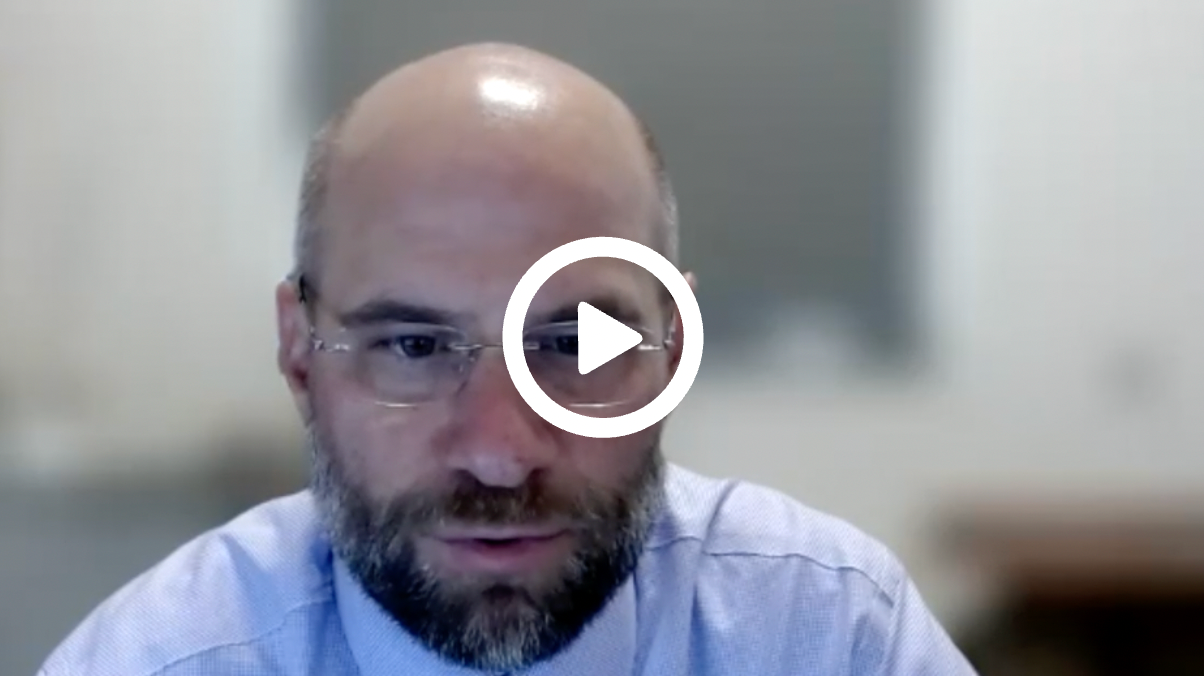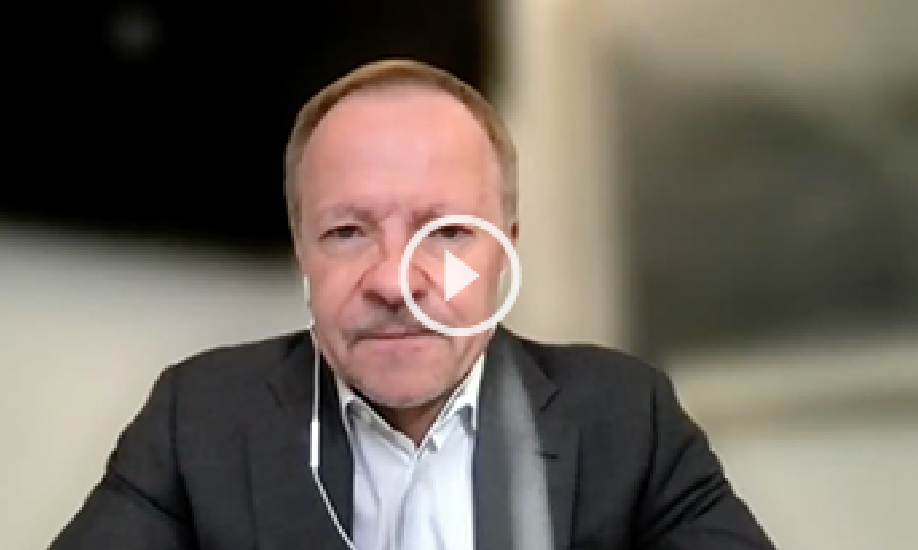Future Directions in Ovarian Cancer
A leader in gynecologic oncology, Chirag Shah, MD, MPH, provides insight into the future of ovarian cancer by discussing the potential for immunotherapy, TP53 inhibition, and novel therapeutics on the horizon.
Chirag Shah, MD, MPH: We have made a tremendous amount of progress, but we have a long way to go if we are going to able to use the word cure in the management of women with advanced ovarian cancer, which has proven to be a deadly, fatal disease to date. We need to build on the backbone of chemotherapy, and PARP inhibitors have been a tremendous step forward. The use of drugs such as niraparib and olaparib in first-line maintenance setting have extended progression-free survival. Incorporating bevacizumab has also given us 1 more option to consider in these patients, but there is more work to be done.
There are unanswered questions in terms of where immunotherapy, immune checkpoint inhibitors will fit. Ongoing clinical trials will address this question. To-date, the data in immunotherapy have been less than encouraging because of the cold nature in the tumor microenvironment, but we can potentially mediate this with the addition of chemotherapy, biologic agents, and PARP inhibitors. Additionally, looking at TP53 inhibition is a promising area with WEE1 inhibitors. There are data that these may be beneficial in the recurrent setting and where those might fit. There are always emerging data on novel therapeutics, so this is an incredibly exciting time in the management of women with ovarian, fallopian tube, and primary peritoneal cancer. I am thrilled to have the opportunity to offer more than just surgery, carboplatin, and paclitaxel, which have been around forever.
Thank you so much for taking the opportunity to listen to these exciting new data about options that we have or additional treatments in our armamentarium for managing women with epithelial ovarian, primary peritoneal, and fallopian tube cancer. You, our community partners, are such an integral part and are on the forefront of treating these women. We have come a long way from watchful waiting in women with ovarian cancer, when we gave them chemotherapy and knew that they were going to recur at a high rate. We now have not only single-agent PARP inhibitors and single-agent bevacizumab to combination therapy, but there is also a tremendous amount of work being done in clinical trials that we will soon have available. For that, stay tuned to see what we have. It is critical that you take the opportunity to be cognizant of the maintenance options available for these women and have a discussion with them about what the risk-benefit profile looks like and what maintenance therapy provides for them in terms of prolonging their interval to resuming systemic chemotherapy.
Transcript edited for clarity.
Case: A 67-Year-Old Woman With Ovarian Cancer
Initial Presentation
- A 67-year-old female presented with abdominal discomfort and modest weight loss
- PMH: unremarkable, postmenopausal; no known family history of cancer
- PE: diffuse tenderness to abdominal palpation, abdominal bloating
- ECOG PS 0
Clinical Work-up
- Pelvic exam with transvaginal ultrasound showed a left ovarian mass
- Chest/abdomen/pelvis CT with contrast revealed a left adnexal 5-cm mass, pelvic and inguinal lymph node involvement, no pleural effusion
- Paracentesis (1200cc) cytology confirmed high-grade epithelial ovarian cancer
- Germline molecular testing: HRD+, BRCA1/2-
- CA-125, 360 U/mL
- Diagnosis: Stage 4, high-grade epithelial ovarian cancer
Treatment
- Patient underwent TAH/BSO, lymph node dissection, with optimal debulking; R0
- IP/IV paclitaxel/cisplatin; CR
- Niraparib maintenance was initiated








